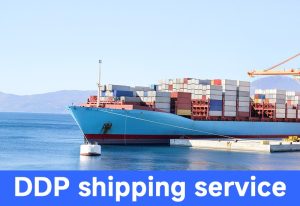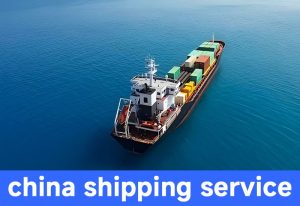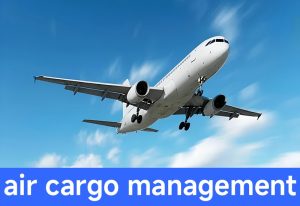As globalization deepens, air cargo transportation is an important link connecting all parts of the world, and its transportation cost directly affects the profitability and market competitiveness of enterprises. Therefore, the cost of cargo transportation is of vital importance to every enterprise, and it is an issue that every practitioner must think deeply about and actively respond to.

Composition of freighter transportation costs
Freighter transportation cost is a multi-dimensional and multi-level system, which mainly includes the following aspects:
Fixed costs:
Aircraft acquisition and depreciation: As the basic asset of cargo aircraft transportation, the acquisition cost of aircraft is high, and as the service life increases, depreciation expenses increase year by year.
Crew salary and training: The key to ensuring flight safety lies in high-quality crew members, and their salary and training costs are fixed costs that cannot be ignored in cargo transportation.
Facility maintenance and management: Including airport facilities, storage facilities, information technology systems, etc., the maintenance and management costs of these facilities constitute an important fixed cost of cargo transportation.
Variable costs:
Fuel costs: With the fluctuation of international oil prices, fuel costs have become the most uncertain variable costs in cargo transportation.
Maintenance and insurance costs: Operators regularly maintain cargo planes during long-term use and purchase relevant insurance to manage potential risks. These costs vary with the increase in transportation volume.
Landing and route costs: including airport landing and takeoff fees, navigation fees, air traffic control fees, etc. Multiple factors, such as routes and flight time, affect these costs.
Factors affecting cargo plane transportation costs
Multiple factors, mainly including routes, fuel prices, and maintenance, affect the level of cargo plane transportation costs.
Market demand and supply: When market demand is strong, cargo plane transportation companies can pass on part of the costs by raising freight rates; conversely, when the market is oversupplied, companies have to attract customers by reducing prices, thereby compressing profit margins.
Cargo characteristics and transportation conditions: The weight, volume, density, perishability, and dangerousness of cargo, as well as the timeliness requirements of transportation, will affect transportation costs.
Transportation distance and route planning: The increase in transportation distance will lead to an increase in fuel consumption and landing and takeoff costs; while reasonable route planning can reduce unnecessary flight distance and time, and reduce transportation costs.
Policy and regulatory environment: The trade policies, tariff systems, and environmental regulations of various governments will have an impact on the cost of cargo transportation. For example, strict environmental regulations may require the use of more expensive clean energy or additional environmental protection measures.
Conclusion
As one of the key indicators of air cargo operations, the optimization and control of cargo freighter transportation costs are of great significance to improving the competitiveness and profitability of enterprises. Faced with complex market environments and challenges, enterprises need to deeply analyze the cost structure and influencing factors and adopt effective optimization strategies to reduce costs and improve efficiency. At the same time, strengthening supply chain collaboration and risk management, and promoting digital transformation and innovation are also important ways for enterprises to cope with future challenges. Only in this way can air cargo companies remain invincible in the fierce market competition and promote the prosperity and development of the global economy.



